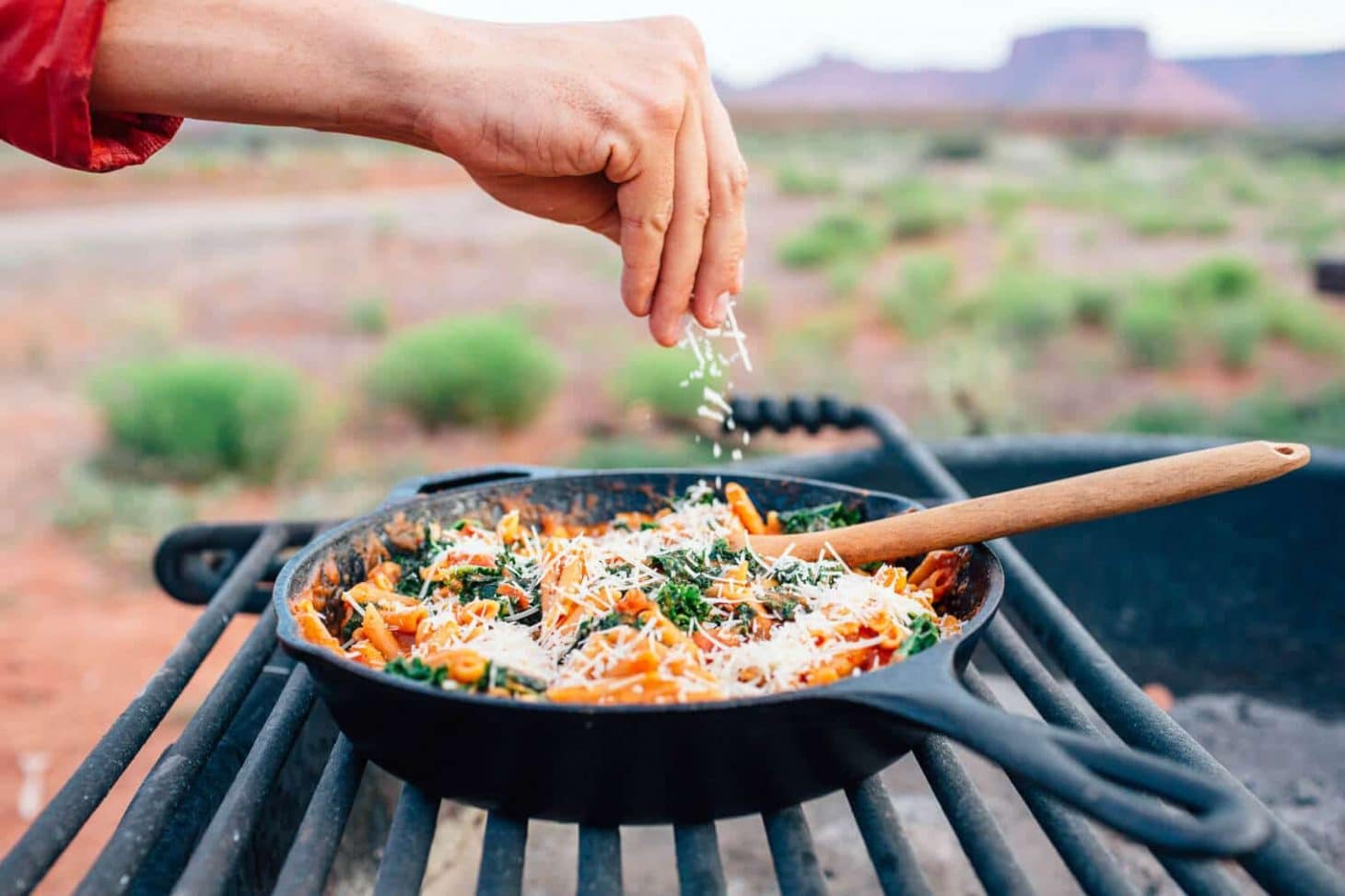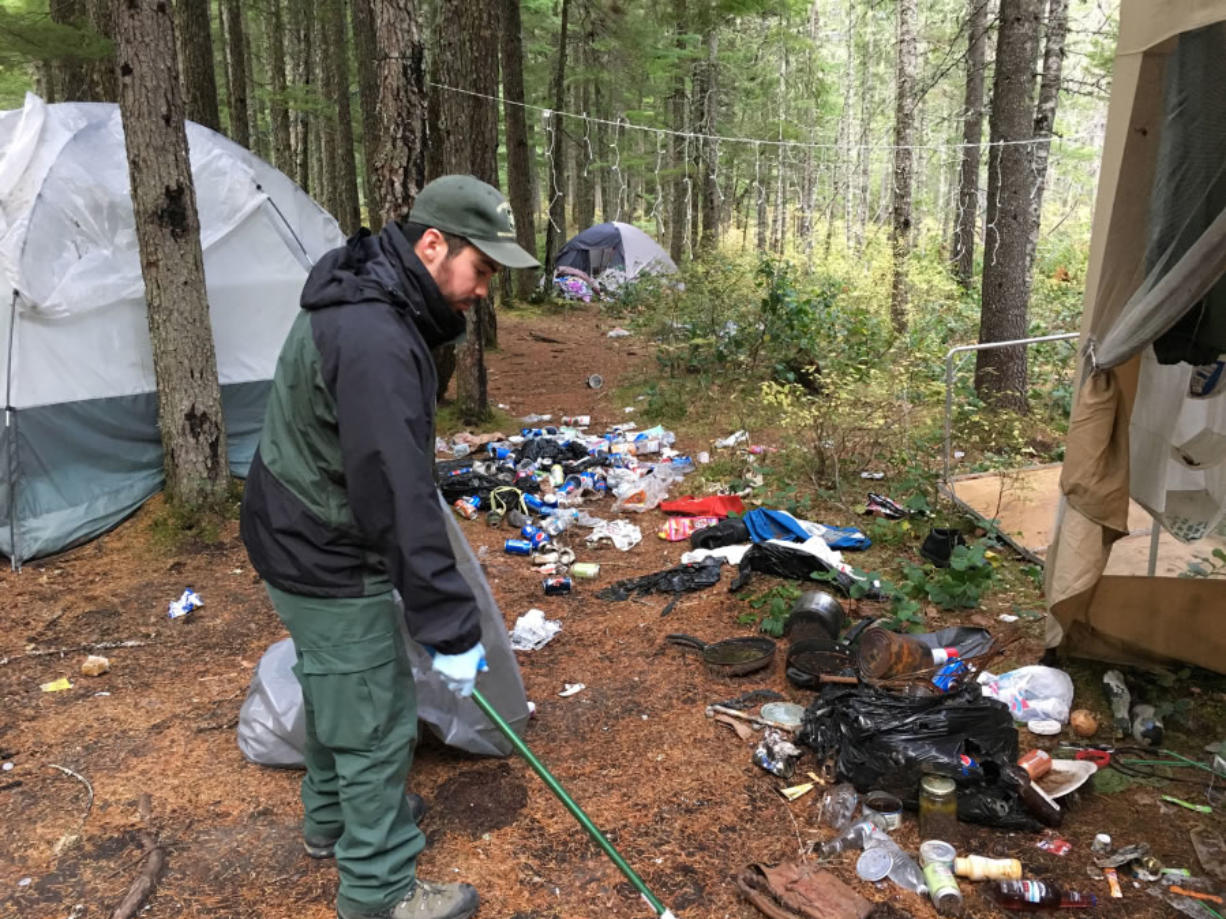Where should we start with the picnic?You probably know how to pack the necessary products for camping, but do you know how to do it?To make our camping trip more smooth, here are the general steps for a picnic.
- Draw up a plan
The first step in camping is to make a plan. Only by making a definite plan can we better implement it.
1.Consolidate:Any meal that can be cooked in one pot instead of two is more efficient. There's less to carry and less to clean up if you can consolidate cooking items.
2.Bulk:Bringing food that comes in packages that you can flatten makes packing out your garbage easier. Bottles and cans are bulky before and after use.
3.Weight:Think about weight! You can save weight and space by planning around foods that are packaged dry, such as drink powders, powdered soup, dry noodles, rice, and beans. Remember, the water is heavy. Backcountry campers will need to filter and purify water that they use in dehydrated or dry meals.
4.Spoilage:If you're bringing foods that need to stay cold, such as meat and cheese, eat those foods first, so you do not need to buy supplemental ice. Backcountry campers will find it difficult to bring food that needs to stay cold and could run the risk of food poisoning.
5.Odors:Food that is smelly and odorus can attract wildlife. This is an important consideration when camping in bear country, as bears have an excellent sense of smell and could be attracted to your campsite.

- Way to make fire
Do you cook on a camp stove or do you cook over an open fire?
If you want an open fire, learn how to do it safely. If you are bringing a camp stove, be sure to try it out before you leave if it is new, just in case something goes wrong.

- Storing food
1.Freshness: Keep your food in airtight sealable bags, containers and coolers to keep food fresh. This also reduces odor around your campsite and on your gear, which will attract wildlife and insects.
2.Never leave food unattended:Food and liquid containers should not be left unattended in campgrounds. If you're camping in bear country, check your campground's regulations for storing your food properly.
3.Cleanliness: Keep a clean camp free of food scraps and food packaging. Check picnic tables, fire rings, fire grates, and the ground for anything that might attract animals.

- Preparing food
Put on your chef's hat and enjoy cooking outdoors. Here are a few suggestions that will make the process enjoyable and safe.
1.Wash your hand:Cleanliness while camping is important, especially when preparing food. Always wash your hands before touching food. Wash hands after handling raw meat. Consider wearing food grade gloves, too.
2.Spills and odor:Try to avoid spilling food on your clothes or cooking aromatic foods that permeate your clothes. If this happens and you are in a bear country, change clothes before you head to your tent for the night.

- Clean-up
1.Wash,rinse,sanitize:Prevent bacteria growth by washing, rinsing, and sanitizing dinnerware and utensils in 3 different bins. This can be done at a frontcountry campsite.
2.Pick up:Clean the area immediately when you're finished with your meal. Doing so will prevent insects and animals from becoming a nuisance. Be nice to the next camping party by leaving the campsite cleaner than you found it.
3.Teamwork:Camping is more work than cooking and cleaning at home. Make it a team effort!

